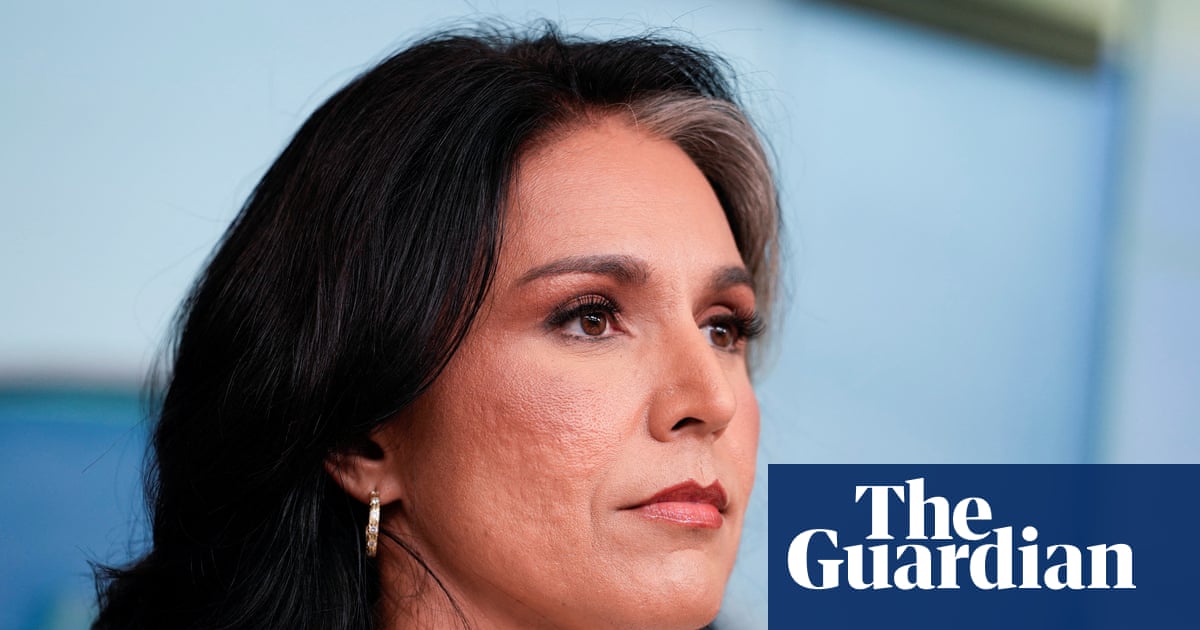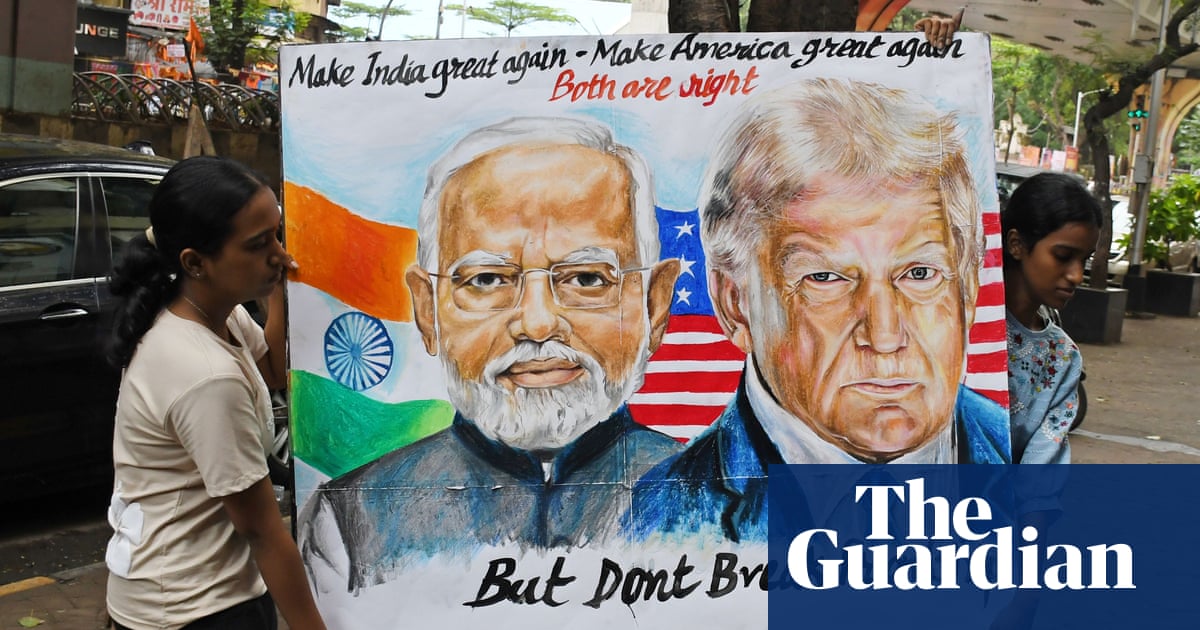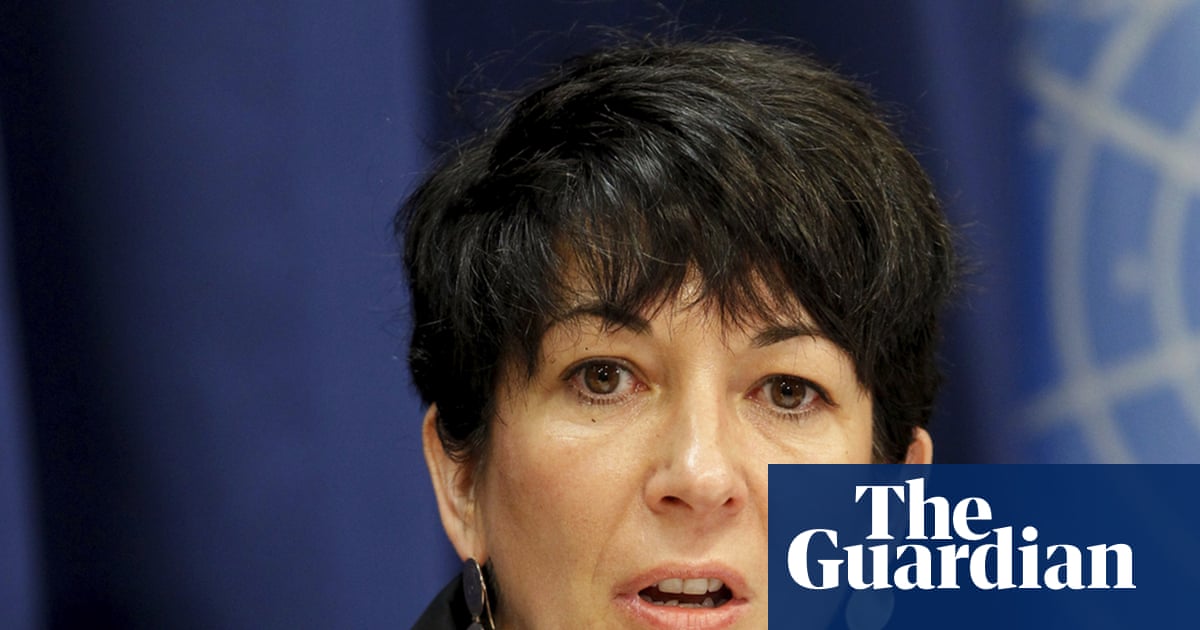Thu, Jul 31, 2025, 8:40 PM 7 min read
President Donald Trump on Thursday formalized the array of high tariff levels and trade deals he has announced in recent weeks, the latest escalation in his attempt to disrupt and reshape the global economic order.
In a sweeping executive order, Trump made official his agreements with prominent trading partners such as the European Union, Japan, South Korea, the United Kingdom and the Philippines.
Trump told NBC News in an exclusive interview that his door will always be open to compelling offers: “It doesn’t mean that somebody doesn’t come along in four weeks and say we can make some kind of a deal.”
Trump's order, which came hours before a self-imposed deadline for trade deals, also unilaterally sets rates for countries that did not reach agreements with him, for example, Israel, Switzerland and Taiwan. Switzerland's rate will be set higher than previously threatened, at 39%, while Taiwan's will be set lower, at 20%.
It’s effectively a reset of the world’s trade relations, one that is ostensibly designed to benefit the United States with expensive tariff rates not seen in nearly a century.
Trump believes taxes on imported goods will erase trade deficits and bring back manufacturing to the United States. He has touted the $125 billion in revenue his already-existent import taxes have brought in, with hundreds of billions more pledged by a handful of countries in the form of investments. Yet it has come at the cost of slower economic growth and the prospect that already-stubborn inflation will reheat.
Trump's order Thursday says the new duties will not take effect until Aug. 7.
Goods shipped by vessel will not be affected by the new tariff rates until Oct. 5. Those products would need to be shipped by Aug. 7, but if importers don't take them out of the port or a warehouse for sale, the new rates won't apply for months. Items arriving on ships account for more than half of U.S. imports, according to the Transportation Department.
Trump and top administration officials had insisted this week there would be no further delays after the 12:01 a.m. ET Friday deadline. In fact, just hours before the White House released Thursday’s executive order, Commerce Secretary Howard Lutnick shouted to reporters outside the White House that there would be “no extension” to the deadline.
But earlier Thursday, Trump did agree to a 90-day extension on talks with Mexican President Claudia Sheinbaum. Mexico is the United States' largest individual trading partner. Treasury Secretary Scott Bessent also told CNBC on Thursday morning that he and Trump would be discussing an extension of China’s tariff deadline, which is coming up on Aug. 12. And Lutnick said days ago that countries could keep talking with the Trump administration after the Friday deadline.

 German (DE)
German (DE)  English (US)
English (US)  Spanish (ES)
Spanish (ES)  French (FR)
French (FR)  Hindi (IN)
Hindi (IN)  Italian (IT)
Italian (IT)  Russian (RU)
Russian (RU) 























Comments